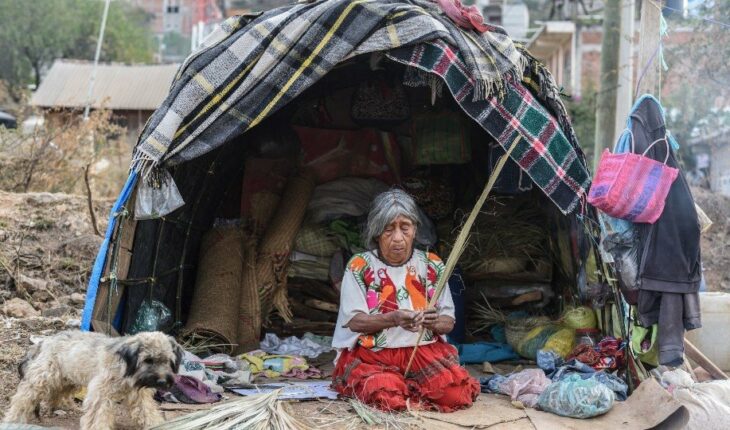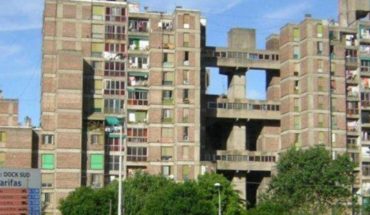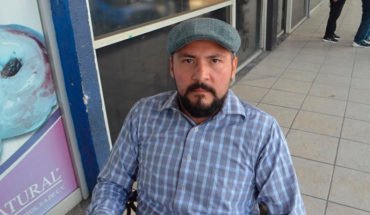Criminality, disasters, mining, illegal logging and local conflicts leave hundreds of thousands displaced in Mexico, according to preliminary observations by Cecilia Jimenez-Damary, the UN special rapporteur who concluded a working visit.
The expert on the human rights of internally displaced persons arrived in the country on 29 August to visit four Mexican districts and meet with authorities and activists to learn about the situation of those who are forced to leave their places of origin.
Jimenez-Damary explained that the federal government does not have a statistic, but that “secondary sources,” such as organizations, academics and local authorities, gave him estimates that there would be between 350,000 and 400,000 internally displaced people in Mexico, with 126 million inhabitants.
“I have observed that the causes of displacement are diverse and multifactorial. Among them are different types of violence, often caused by organized crime, sometimes related to development projects, illegal mining and logging, or by electoral, religious and agrarian conflicts,” he said.
He explained that Mexico does not have a registry to measure the magnitude of the problem, but acknowledged the government’s efforts to compile statistics and implement public policies to address and prevent displacement.
Read: 80% of those displaced by climate change are women
The expert has estimated that thousands of people have been pushed to leave their homes, with indigenous people being the most affected.
“Despite the fact that indigenous peoples and communities represent 10% of Mexico’s total population, more than 40% of the displacement episodes recorded by civil society in 2020 affected indigenous peoples,” he said.
He stressed that impunity and failures in the justice and security system are also factors that have a significant impact on the displacement of people who, out of fear, prefer to leave their homes.
“In certain regions of the country, organized crime frightens, controls territories and populations, through threats, intimidation (…) investigations are rarely carried out, even on the most serious crimes such as homicides and disappearances,” he explained.
Gender-based violence, she added, makes women and girls particularly vulnerable, because in the face of threats and aggression they are forced to flee their homes, leaving their families disintegrated, in addition to losing their heritage and their way of life.
The expert will present her final report to the United Nations Human Rights Council in June 2023.
Read: Displaced Mexicans seeking asylum in the U.S., trapped and without help in a camp in Matamoros
One of the most recent cases of internal displacement is registered in the northern state of Zacatecas, where the inhabitants of communities such as Palmas Altas left their homes in the face of attacks by criminal groups that dispute the routes of drug trafficking.
What we do at Animal Político requires professional journalists, teamwork, dialogue with readers and something very important: independence. You can help us keep going. Be part of the team.
Subscribe to Animal Político, receive benefits and support free journalism.#YoSoyAnimal





